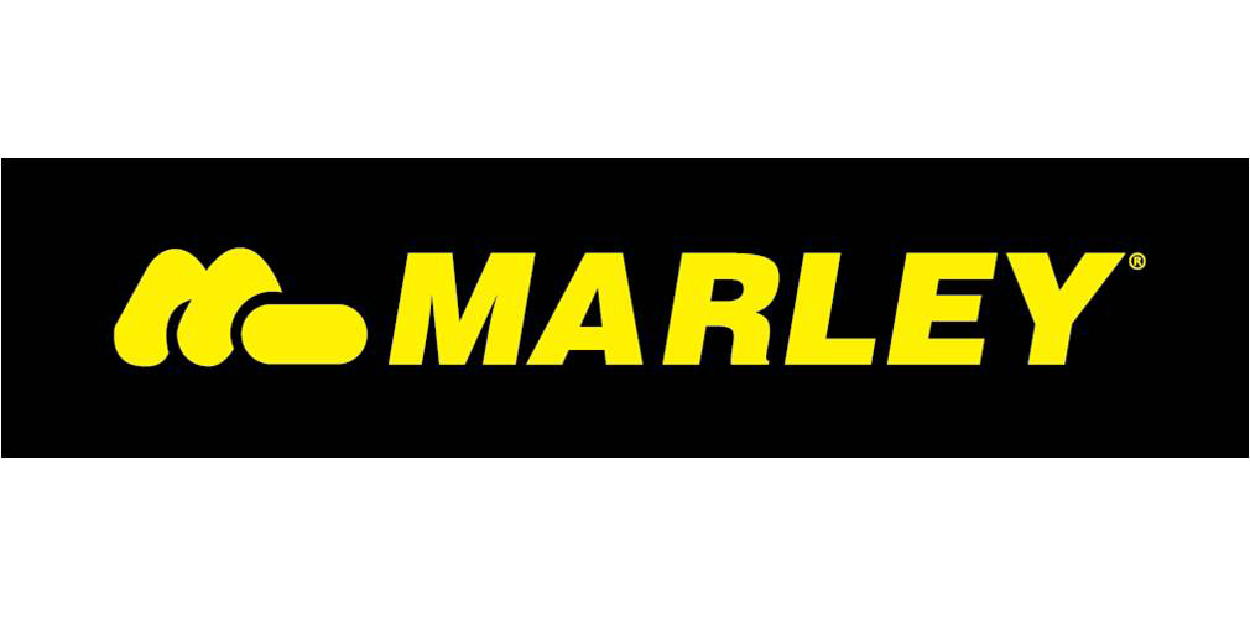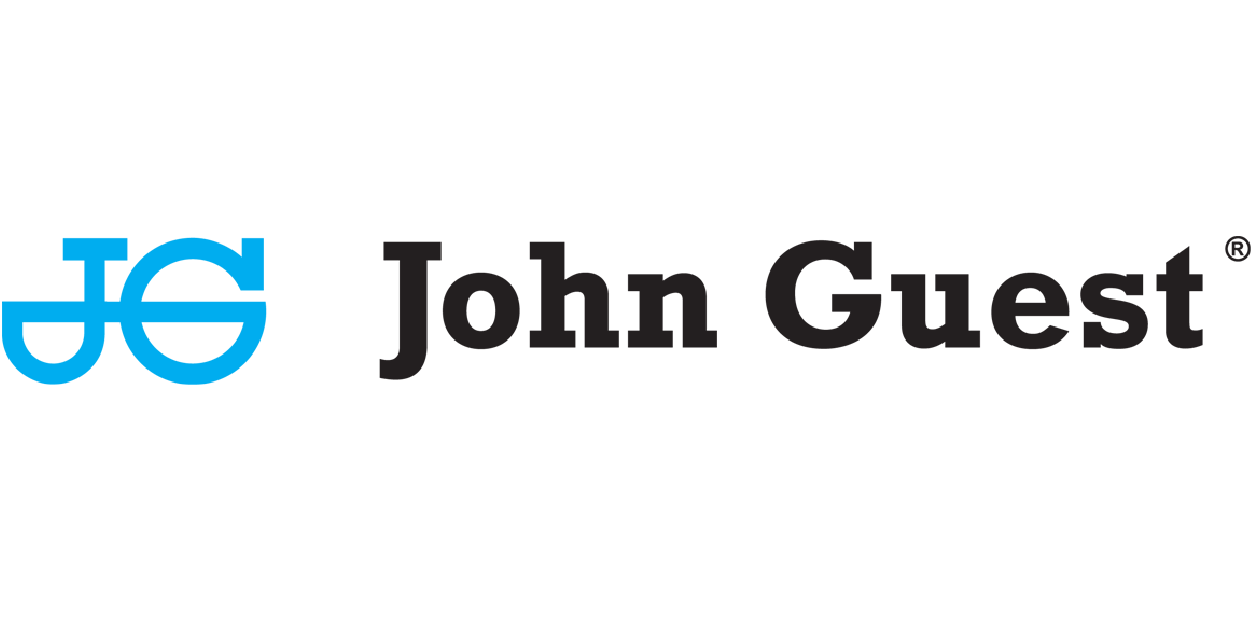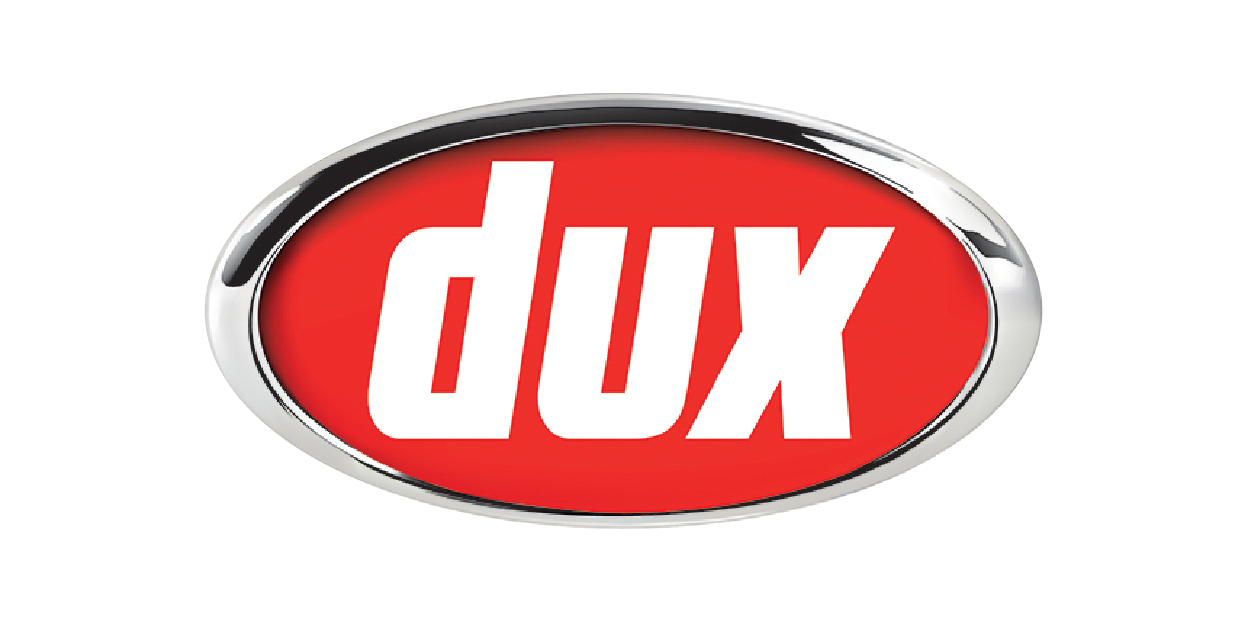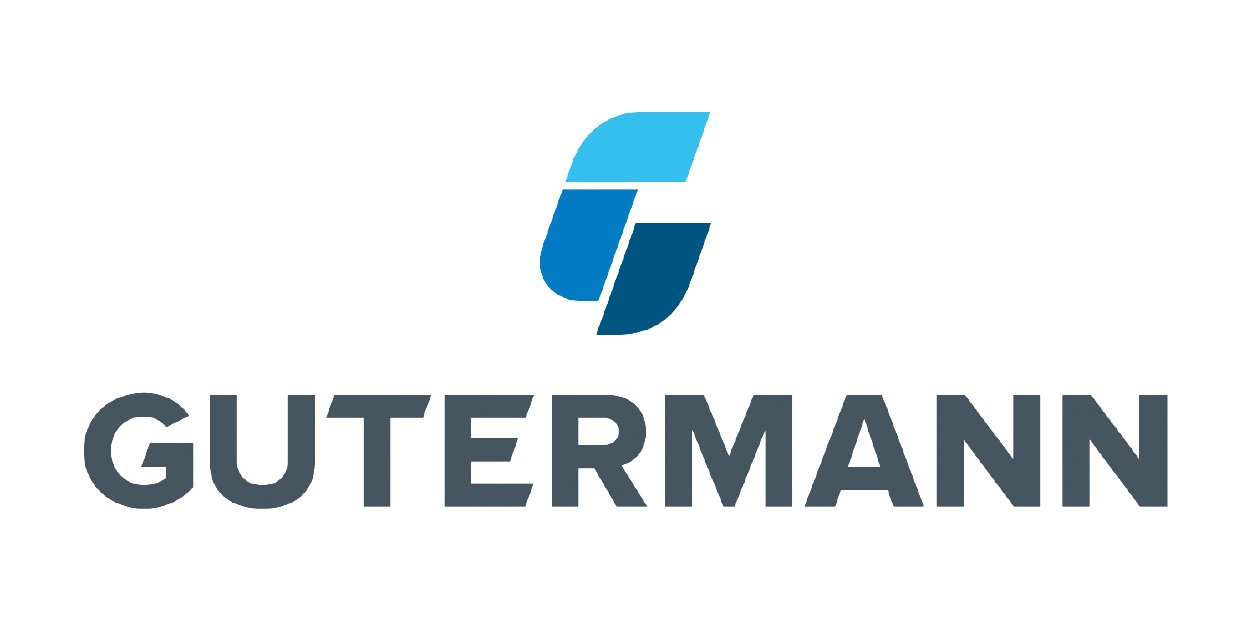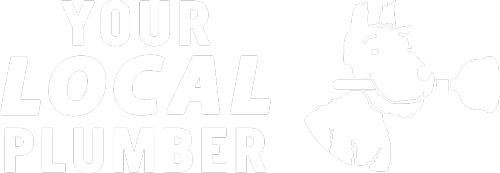
Call Today 09 973 4973 or
A comprehensive guide to reducing water waste through effective leak detection, employing professional services, innovative technologies, and regular maintenance.
Leak detection plays a vital role in responsible water management. Unchecked leaks can lead to significant water waste, with severe consequences for both the environment and the economy. This document provides an in-depth exploration of the strategies and techniques involved in leak detection, emphasizing its importance in water conservation.
Importance of Leak Detection
Water leaks, if left unnoticed, can cause environmental damage, depleting water resources, harming aquatic life, and increasing energy consumption in water processing. The economic loss includes higher water bills, property damage, and increased municipal expenses for water treatment.
Employing Professional Services
Professional services are an essential aspect of leak detection, offering skilled technicians who use specialized methods to detect leaks accurately. Professional repairs ensure that leaks are fixed properly, minimizing the risk of recurrence.
Expertise
Skilled professionals use advanced methods to detect leaks with precision, even in hard-to-reach places.
Quality Assurance
Professional services provide quality repairs, preventing future issues and ensuring that the problem is thoroughly resolved.
Innovative Technologies
Cutting-edge technology enhances the efficiency of leak detection.
Acoustic Sensing
This method detects leaks in concealed areas by using sound waves.
Thermal Imaging
Thermal imaging identifies temperature variations caused by leaks, allowing for quick detection.
Smart Water Meters
These devices offer real-time monitoring and alerts for any unusual water consumption patterns, indicating possible leaks.
Regular Maintenance
An effective leak detection program includes scheduled checks and preventive measures.
Scheduled Checks
Regular inspections of plumbing systems can identify potential weaknesses and prevent serious leaks.
Preventive Measures
Proper maintenance, such as replacing worn-out parts, helps prevent leaks and reduces water waste.
Community and Individual Responsibilities
Community engagement and individual awareness are vital in reducing water waste.
Education
Public campaigns can educate the community about the importance of water conservation and leak detection.
Personal Responsibility
Homeowners should monitor their water usage and report suspicious signs of leaks promptly.
Government and Regulatory Role
Governments and regulatory bodies play a significant role in enforcing laws related to water conservation and building codes. Collaboration with water utilities, local authorities, and communities promotes leak detection and responsible water management.
Leak detection is a multifaceted aspect of water management, requiring a coordinated approach involving professional services, technology, regular maintenance, community participation, and regulatory support. It aligns with broader goals of environmental stewardship and sustainability.
Suppliers
